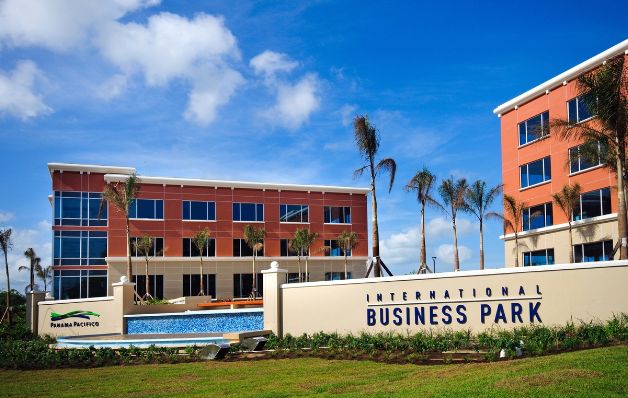Inequity in the tax system distorts the economy
- Diana Díaz
- /
- /
- /
Panama has a tax system that represents a challenge for the economic policy, since there is inequity in the collection of taxes, because there are companies that have tax breaks or incentives, while others pay more taxes, as some specialists consider.









Para comentar debes registrarte y completar los datos generales.